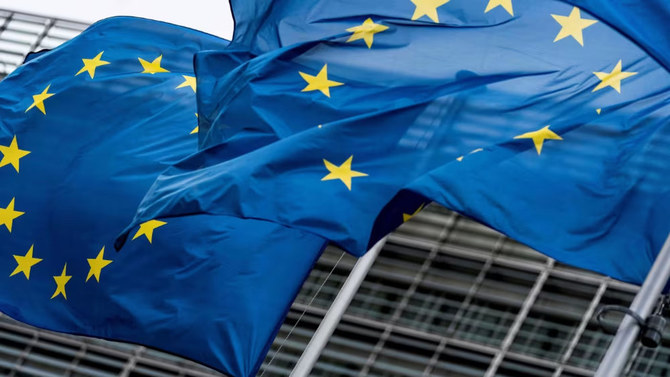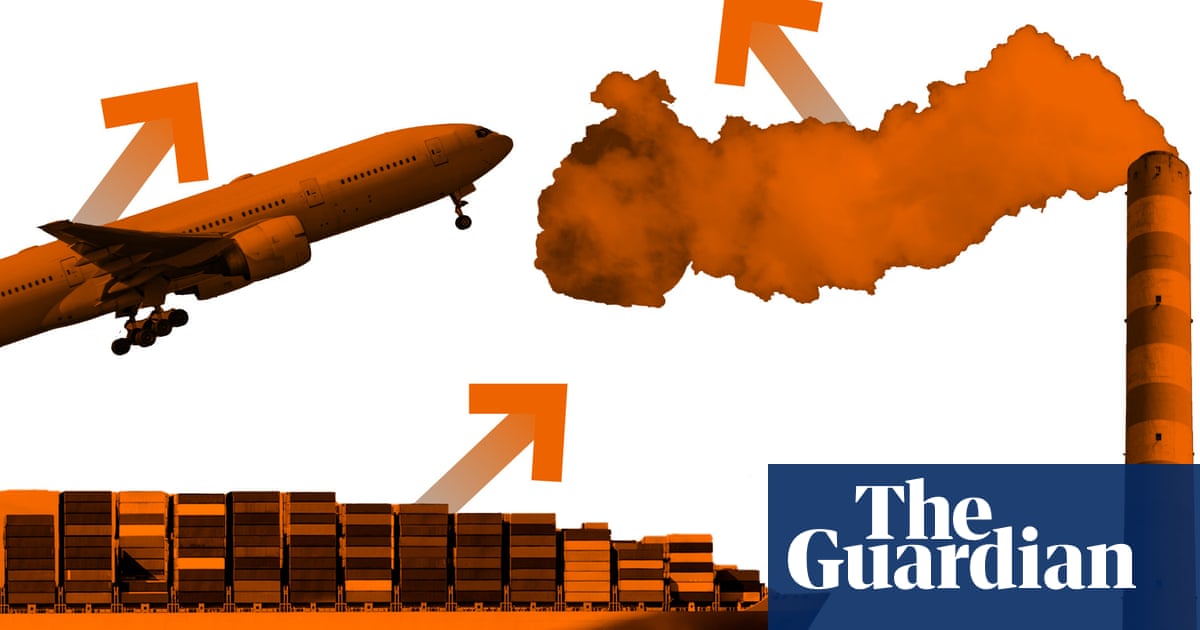
Mark Eyskens, the former Belgian prime minister, famously said in 1991 that the EU is “an economic giant, a political dwarf and a military worm.” Fast forward more than three decades and a significant number of people still agree with his rather undiplomatic characterization.
To be sure, the EU has achieved some significant progress toward its goal, under European Commission President Ursula von der Leyen, to become a genuinely global geopolitical player on the world stage. This is especially so in regard to Ukraine, following Russia’s invasion last year.
However, the limits to its ambitions have been exposed more recently in the Middle East, following the Hamas terrorist attacks in Israel. While the EU, and some individual member states such as Germany and France, have tried to influence events in that arena, so far only the US has been shown to have any substantive influence there.
For many traditional observers of global affairs, this shows that the EU’s claims to be a world power are hollow. The argument often goes that the continent will continue to lack critical influence given its weak economic growth and political challenges, set in the context of the growing influence of revisionist powers such as Russia and China.
Yet, for all the real problems the EU unquestionably faces, one area in which it does have disproportionate influence is that of being a regulatory superpower. This is what scholars such as Professor Anu Bradford, who is based in the US, call the “Brussels effect.”
By developing far-reaching regulations that have a significant bearing outside of Europe on the entire global business environment, the Brussels-based club helps ensure that European values play a role in shaping a wide spectrum of policy areas — including sustainability and the environment, antitrust issues, data privacy, consumer health and safety — as a growing number of global firms adopt EU standards as global standards.
One of the standout examples of this, in practice, is environmental legislation. The EU’s Green Deal is a far-reaching compendium of sustainability measures in which Brussels has gone further and faster than almost any other international power.
Most recently, however, the EU hit the headlines for being a “first mover” in another key policy area, through the development of the world’s first comprehensive AI legislation following a breakthrough deal this month. It represents the strictest regulations agreed anywhere for governing this emerging technology.
There will be a transitional period before the legislation kicks in but when it does, companies that fail to comply with the rules will face fines of €35 million ($38 million) or 7 percent of their global revenue. The next steps, procedurally, will be for the European Parliament to ratify the AI Act proposals early next year, with the far-reaching legislation coming into force as soon as 2025.
The agreement is only the latest example of the EU becoming a potential world leader in terms of setting the regulatory rules for the global economy, a fact that European Commissioner for Internal Market Thierry Breton highlighted when the legislation was agreed.
“The EU becomes the very first continent to set clear rules for the use of AI,” he said. “The AI Act is a rule book but it’s also a launchpad for EU startups and researchers to lead the global AI race.”
The EU becomes the very first continent to set clear rules for the use of AI.
Andrew Hammond
Certainly, many other powers might not copy every single provision of the EU legislation. However, a significant number will try to follow its broad framework.
Moreover, AI companies will have to follow the EU’s rules and are likely to extend at least some of those obligations to markets beyond the continent. After all, it is simply not efficient to retrain separate AI models for different markets.
Part of the huge significance of all this lies in the fact, as von der Leyen has said, that “the AI Act transposes European values to a new era.” The foundation for the new EU rules on AI is a risk-based, tiered system in which the highest level of regulation applies to application of the technology that pose the greatest risk to health, safety and human rights. However, even the lower tiers of regulation place major new obligations on AI services.
There will be strict restrictions, for example, on the use of facial-recognition technology, except for narrowly defined law enforcement exceptions. The legislation bans the use of AI for “social scoring” — using metrics to establish how virtuous a person is — and in systems that “manipulate human behavior to circumvent their free will.”
The use of AI to exploit people who are vulnerable because of their age, disability or economic status is also banned. Moreover, consumers will have the right to file complaints if they fall victim to illegal use of AI and fines can be imposed for any violations.
Until the legislation is fully in force in 2025, or later, the EU will support businesses and developers in their efforts to prepare for the new rules. About 100 companies have already expressed an interest in joining a transitional AI Pact through which they will commit, on a voluntary basis, to implementing key obligations contained in the legislation ahead of the legal deadline.
Therefore, these developments potentially give the EU “first-mover advantage” in efforts to regulate this new technology in a fast-moving global landscape.
US President Joe Biden also recently signed an executive order on AI. At the multilateral level, too, in October the G7, chaired this year by Japan, agreed on a set of principles for a code of conduct for firms developing advanced AI systems.
Taking all of this together, the development and implementation of AI legislation will reinforce the EU’s regulatory superpower credentials. While much uncertainty remains about the overall fortunes of the bloc in the years ahead, this “Brussels effect” might sustain the EU’s influence internationally for some time to come, even if it never fully manages to deliver on its ambition to become a geopolitical giant.
• Andrew Hammond is an associate at LSE IDEAS at the London School of Economics.












